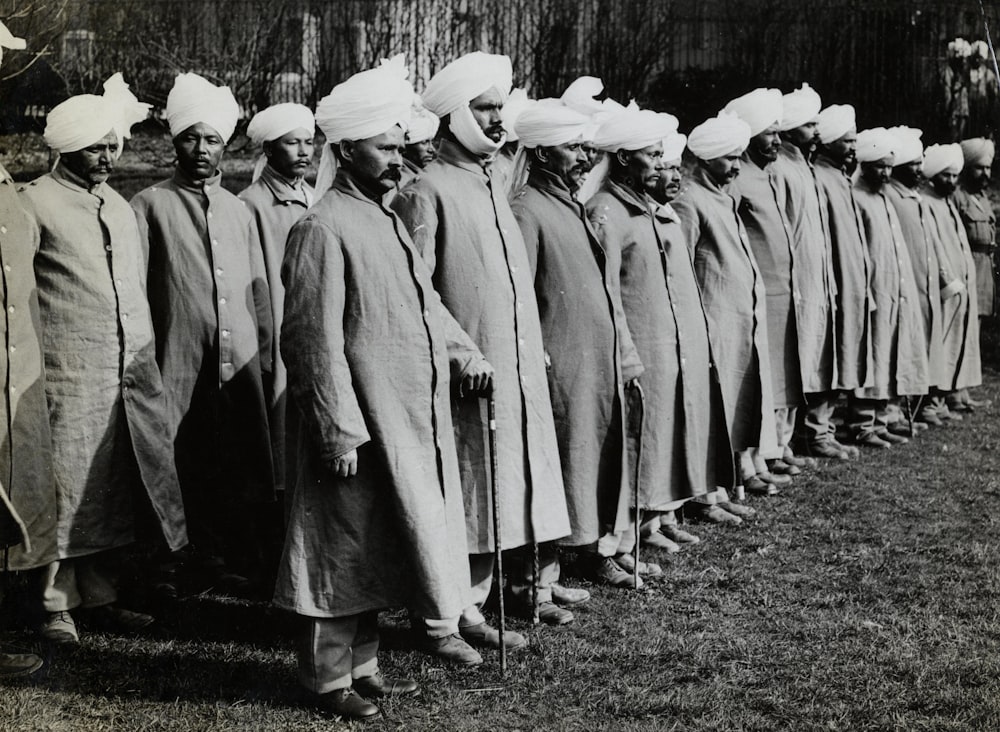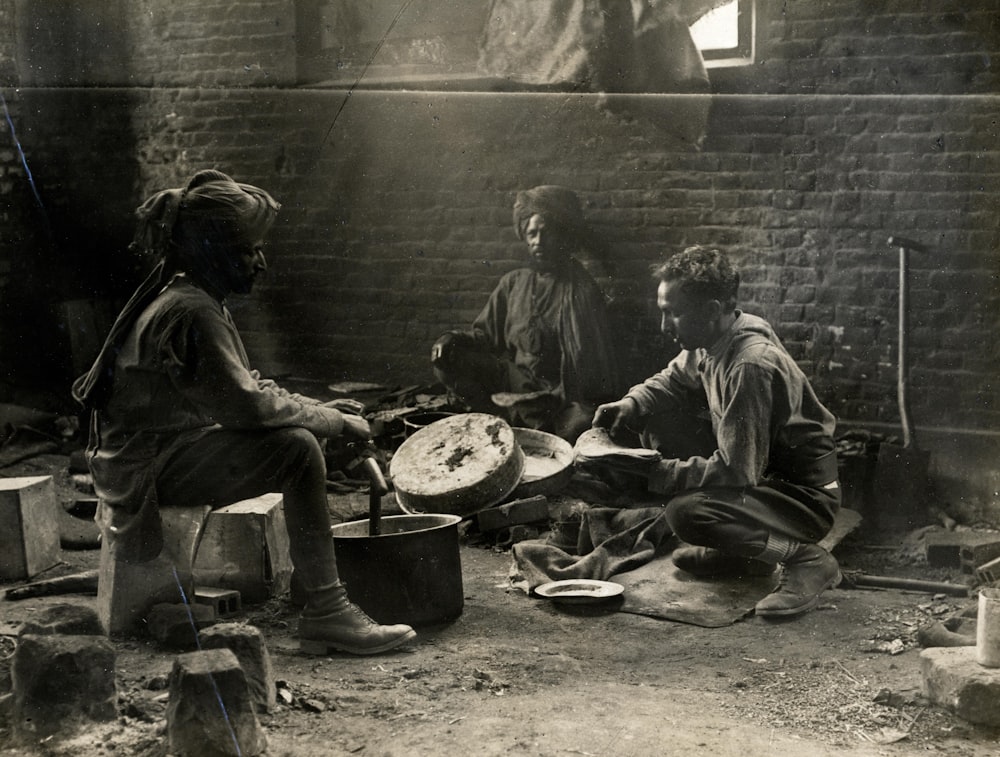Dishonoured by History and reservation
Paperback – 2008 by Radhakrishna Meena (Author)

Meena Radhakrishna teaches at the Department of Sociology, Delhi School of Economics, University of Delhi.
In this path-breaking study, Meena Radhakrishna traces the history and implications of a piece of colonial legislation--the Criminal Tribes Act. She discusses the changing notions of crime and criminality over a period of time, and shows how the colonial administration's traditional prejudice against gypsies combined with realpolitik on the one hand, and with a need for wage workers on the other, to feed into the category 'hereditary criminal'. Focusing on the itinerant trading community of Koravas in colonial Madras, Dr Radhakrishna studies in detail the process of its forced sedentarisation in a police and missionary-run settlement. Here the community was meant to be reformed, albeit more through wage work than evangelism. The study shows how inspite of severe and repeated ruptures from its past, the community survived and forged a strong trade union movement. The archival sources used in this study establish the community to have been an honourable and useful part of sedentary society in the past. However, through a careful analysis of its present oral culture and folklore,
Dr Radhakrishna shows that its members have lost memory of that history, and share the widespread belief of the community's earlier, dangerous criminality.
‘Criminal Tribes Act’

This book explores how colonial policies converted itinerant groups on the one hand into a source of cheap labour and on the other into a category known as ‘criminal tribes’. It also examines missionary activity especially the Salvation Army, in the Madras Presidency in the nineteenth century.
Ruler tribe - became Crimnal tribe and then - scheduled tribe (ST)
let's see how king became criminal (one more post about this check post)
The Meenas were once dominant in much of Rajasthan. But the Rajputs replaced them as the ruling caste in the region–in bloody fashion, apparently. Eventually the Meena position sunk even further with passage of the Criminal Tribes Act of 1871.
The social history as collected from the oral traditions prevalent amongst Meenas definitely appears to be contrary to all that is recorded by the British Colonials. As mentioned earlier the maligning of Meena character by associating them with various social evils had been detrimental to their socio-eonomic development. The declaration of Meena as a 'criminal tribe' might have been a political strategy of Rajput and British rulers to dissuade this militant tribe from reclaiming their areas lost in the hands of the Rajput chiefs .
*(meena tribe had great king and warrior, akbar and other rulers are also fail to capture bunda meena king , to know about more read our post click here)
The causes of their defeat were lack of leadership, effective armoury and solidarity. The repeated defeats, plunderings and presurization had weakened their moral fibre due to which they could not reclaim their good character from the British rulers. After the Independence of the country the congenial atmosphere of comradeship and brotherhood had greatly affected these people who had been stigmatized throughout the history. (Col. Todd : 1914)

The contemporary world view of the Meenas as narrated by them is indicative of the fact that after having lost their power and status at the hands of the Rajputs they could not fully subscribe to their total defeat. They kept up the guerilla tactics in their warfare and repeatedly attacked the Rajput strongholds. To pursue this kind of warfare the Meenas divided themselves into two groups.
The first section kept the front fighting with the Rajputs, while,

The second section maintained the line of supply of essentials like food, arms and ammunitions to the warrior section.
Later when peace prevailed in the area the Meenas who maintained the line of supply were settled and adopted agriculture as their main pursuit. The other section which was fighting the war after signing peace pactstook the control of collecting 'chouth' from the inhabitants and provided them safety and peace. The former in due course of time came to be known as Zamindar Meenas and the latter as Chowkidar Meenas
to be continues ....




